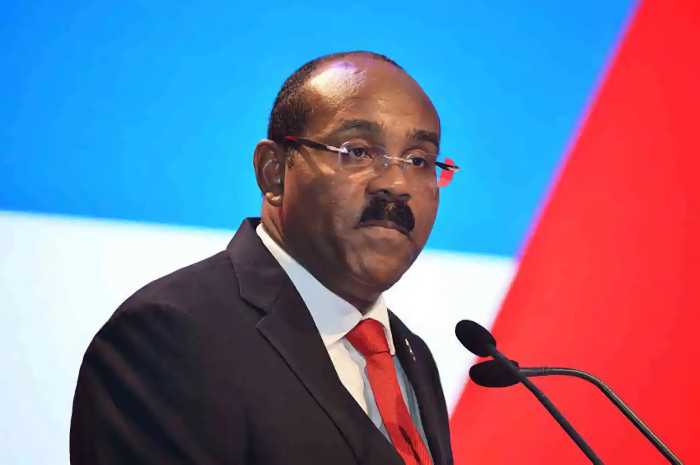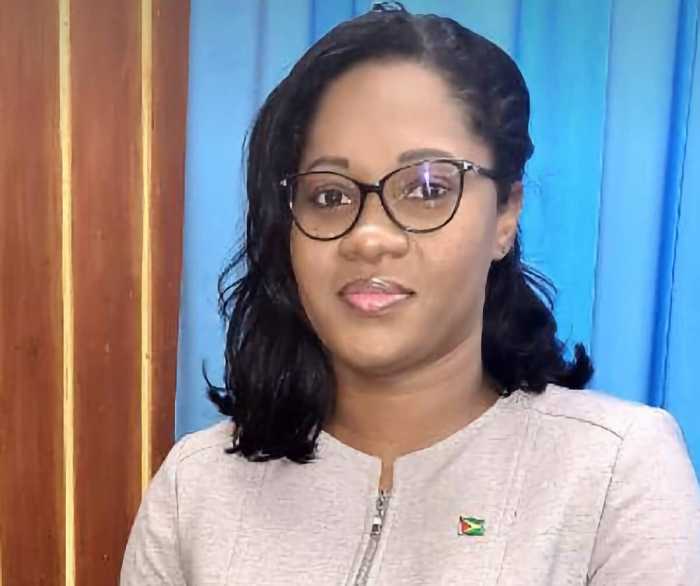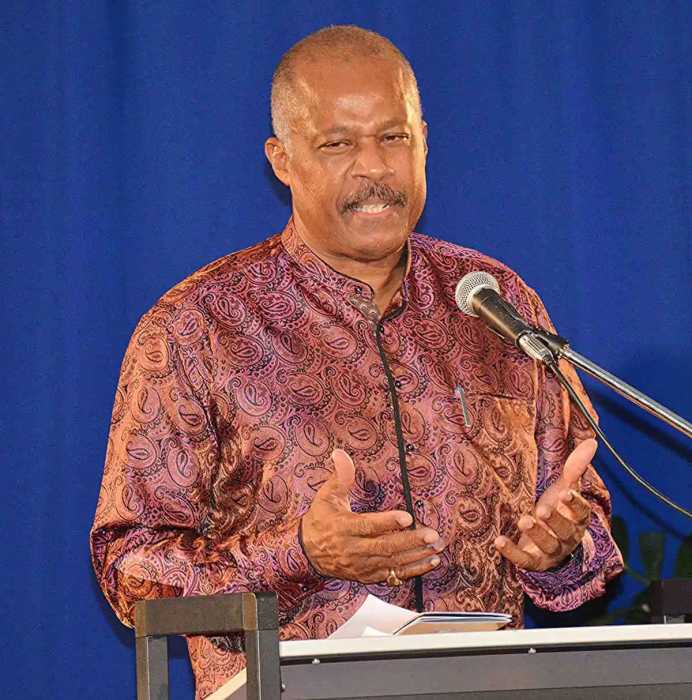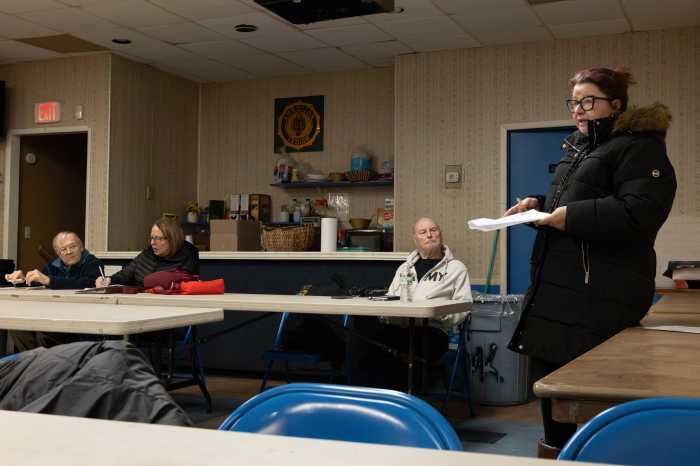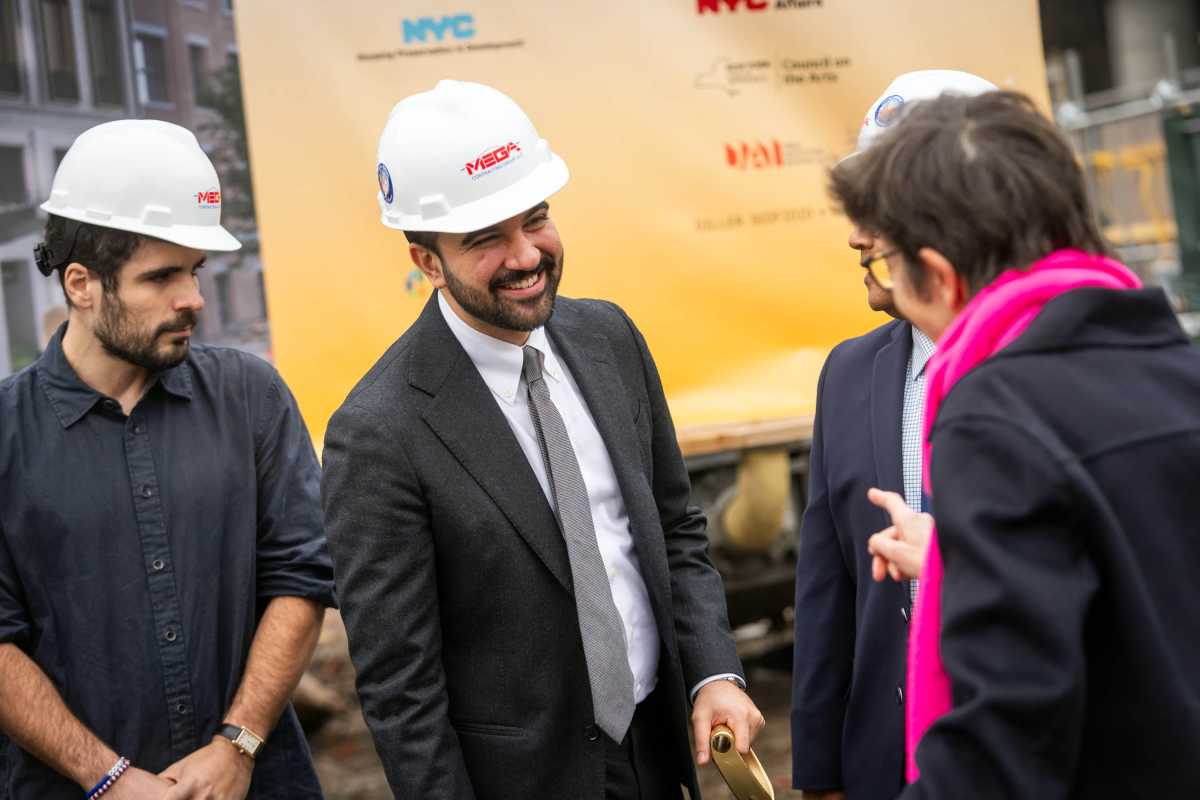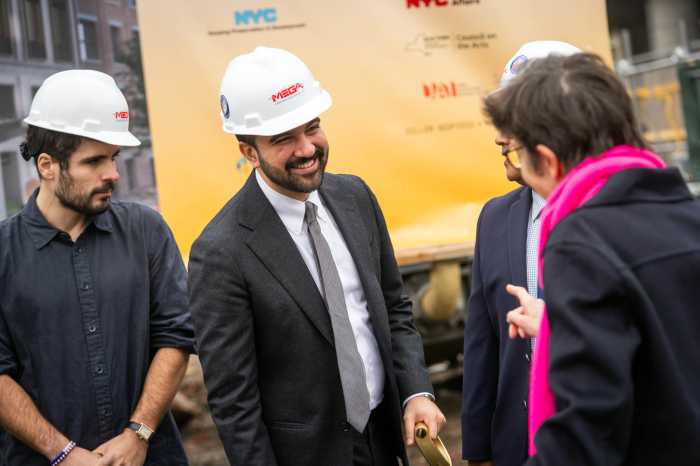General elections held in Guyana this week not only gave the governing People’s Progressive Party (PPP) a second five-year term but also produced two tectonic political shifts — with preliminary results relegating the main opposition to the second smallest parliamentary party as it made way for one formed only at the end of May.
The main takeaway from the 2025 polls has to do with A Partnership for National Unity (APNU), which had run this CARICOM country between 2015-20, and seen its political support decimated by a newcomer rival, We Invest in Nationhood (WIN), of US-sanctioned Guyanese businessman Azruddin Mohamed.
WIN appears on course to pick up around 16 seats, and in doing so, it will certainly replace the APNU and outgoing Opposition leader Aubrey Norton as the main rival faction to the PPP in the 65-member assembly.
APNU’s poor showing, which seems to have been characterized by low voter turnout among its supporters, appears to have set it on course to pick up no more than a dozen seats compared to the 31 it had in the last parliament with its smaller partner, the Alliance for Change (AFC). The AFC ran separately this time but failed to gain a single assembly place. Critics say it will likely fade away from the political scene for a long while.

Together with the PPP, the APNU coalition, through its main player, the People’s National Congress (PNC), has traded political power in Guyana for much of the past seven decades. The APNU-PNC’s performance this time is easily the worst in its history.
Norton, 68, blamed failed pre-election negotiations between the APNU and the AFC to repeat their successful 2015 coalition as a key reason for its humiliating defeat, noting that “people were hoping for a coalition. When we didn’t get it, some felt you couldn’t win without it,” he said.
Still, Norton and the APNU plowed ahead without a coalition against the cash-flush PPP of urban planner and President Irfaan Ali, 45, only to see much of its traditional space picked up and off by WIN as the newcomer appealed to the poorer people and younger voters, many of them first-time electors.
Ali was expected to be sworn in by no later than early Thursday once the electoral commission, Gecom, releases official results.
Meanwhile, Retired University of Guyana and University of the West Indies Professor Mark Kirton argued that the APNU and the AFC made the fatal mistake of not coming together, while allowing WIN to target the poorer, working-class people.
“Mohamed de-intellectualized politics. He did not worry about things like fiscal policies and GDP. He addressed the needs of poor people with cash and other gifts and appealed to youth,” Kirton said. “In the absence of any counter, that kind of approach must resonate with voters. People also did not care that the US has sanctioned him and that officials have threatened to cancel the visas of people who associate with Mohamed and his party. They were unconcerned about that and voted regardless.”
Likely incoming opposition leader Mohamed and his father Nazar were sanctioned last year by the US Treasury Department for allegedly smuggling more than 10,000 kilos of gold to the US and avoiding the payment of US$50 million in taxes to Guyana.
Resisting threats by the PPP to help extradite him to the US, he formed WIN at the end of May, campaigned to rave reviews, and is now headed to parliament with at least 15 other colleagues.
As Gecom counts ballots from far-flung interior regions, the PPP is preparing for massive celebrations and the swearing in of Ali, president of a country earning around $8 million a day from offshore oil and gas, with more revenues expected from additional oilfields coming on stream in the coming months.




